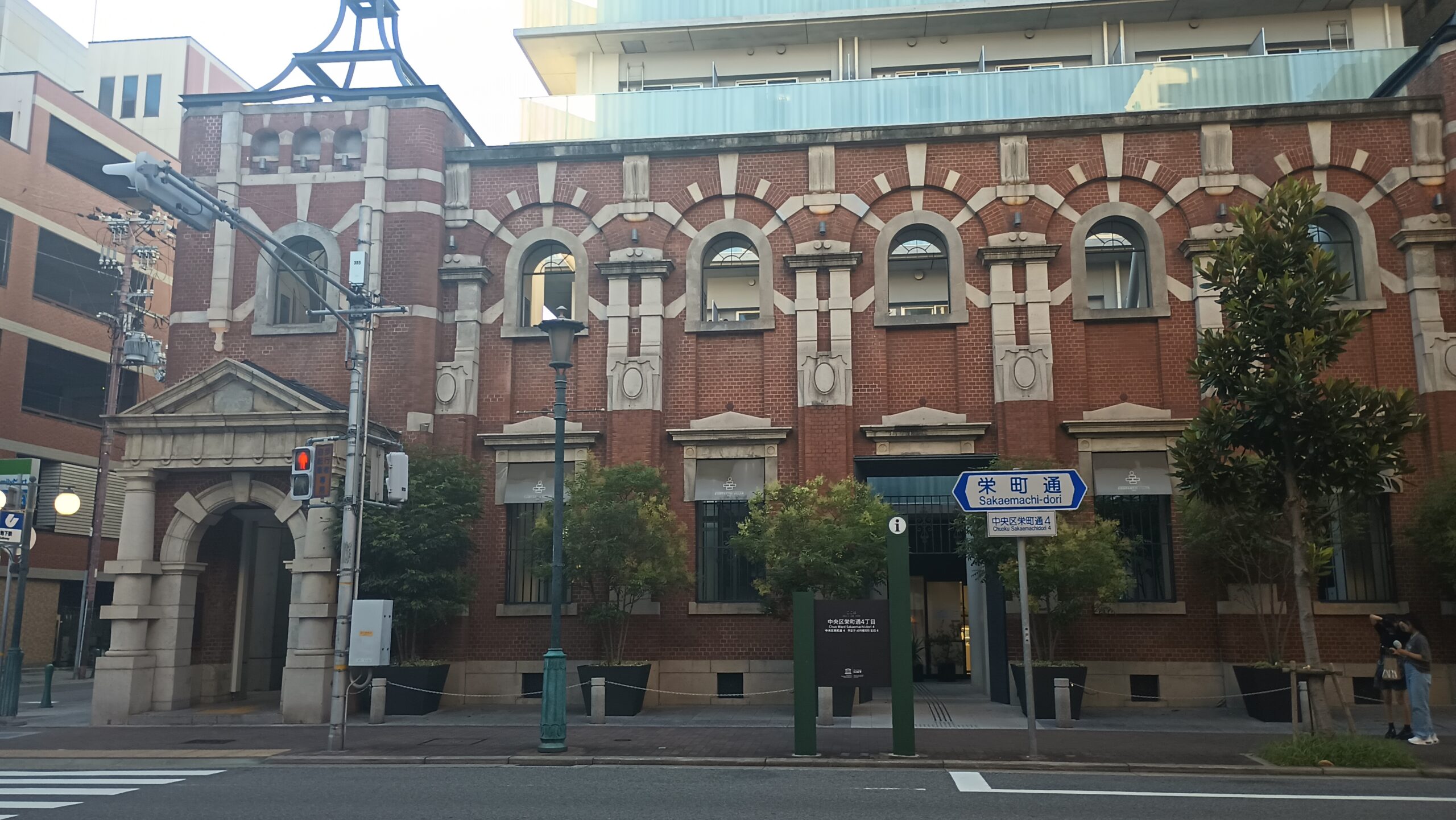
♿ Disability and Accessibility in Japan
To preface this blog post, I am battling against social and general anxiety disorders, major depressive disorder, Attention Deficit Hyperactivity Disorder (ADHD), and insomnia. However, I did become injured with plantar fasciitis before and during my trip, so I have an idea of the difficulty in finding accessible methods of transport.
First, for mental illness, Japan has improved its awareness of it. However, it is still a subject of shame among many, and there needs to be more mental illness advocacy for it to improve the negative stigma that remains.
Counseling was offered on campus for study abroad students in English. So I cannot say with confidence the availability of mental health counseling for non-Japanese speakers.
For medication, I was referred to an English-speaking psychiatrist who could prescribe my medication. However, I was still guided by a volunteer translator to help when speaking to the Japanese-speaking receptionist as well as the staff in pharmacies.
The cost of healthcare is shockingly affordable in Japan. Most medications are inexpensive, but with my insurance, they were more affordable. The only exception is ADHD medication, which is a controlled substance that requires registration into a system that tells the pharmacy you’re allowed to have the medication prescribed.
For people with physical disabilities, the situation is different. Despite Japan’s rapidly growing aging population, many areas are not disability-friendly. I had visited many stores before that required customers to walk upstairs. This may be due to the need for more space to install ramps or elevators. In addition, most doors were not automatic, even in more populated areas.
When I visited Osaka, I found a store full of only gacha machines. The store was small and had stairs that led up to more machines. When I looked for an elevator or ramp, I found none. This could be because the owner was simply renting the space to sell gacha in highly touristed areas.
I found Japan’s vast rail and bus networks friendly for traveling around areas compared to most cities in America. Trains and buses provide ease of access to travel to and from locations. If you communicate with the train station ahead of time, you can have a train attendant place a ramp for those who need additional help boarding and disembarking. This may be similar for buses, but I am unsure how one does so.
When I lived in the dormitory on campus, the city of Dekalb had a bus route for commuters but was unreliable in most areas. I would take the bus to go shopping, but I would have to travel across parking lots and undeveloped land if I wanted to go anywhere besides where the bus dropped me off. I recall having to walk near a highway with no sidewalk on farmland to visit an animal shelter where I wanted to volunteer. The route was so inconvenient and dangerous that I decided not to volunteer there. Additionally, the city of Dekalb does not have a train network that connects to the city of Chicago. I wouldn’t have needed to live on campus if the train from Aurora continued to Dekalb. I found that many students had similar concerns, as they cited commuting as being unreliable, living on campus as expensive, and living off-campus as equally unaffordable.
This is why I appreciated the ease of travel to my host university compared to my previous experiences. Even if it took me an hour to commute, the train and bus systems were always reliable and easy to use.
